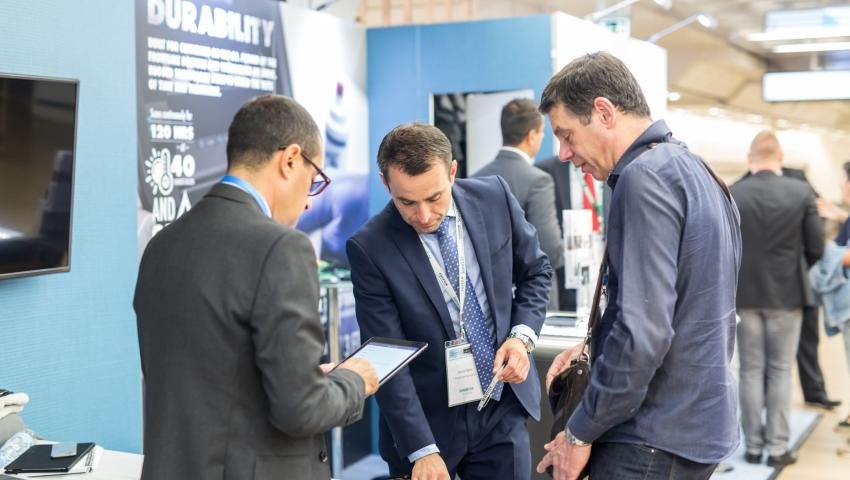
The Psychology of a Perfect Launch Event
A successful launch isn’t just about products—it’s about emotions. The Psychology of a Perfect Launch Event dives into the science behind anticipation, excitement, and engagement. Learn how to craft memorable moments, build hype, and leave a lasting impression that turns attendees into loyal customers.
The Psychology of a Perfect Launch Event
Introduction
Every product launch is more than a business milestone—it’s a chance to make a first impression that lasts. But a perfect launch event isn’t just about flashy decor, good food, or a star-studded guest list. The real magic lies in understanding human psychology—what grabs attention, what triggers excitement, and what drives people to share and remember your brand.
Here’s how to design a launch event that feels electric, impactful, and unforgettable—by tapping into the psychology of your audience.
1. Create Anticipation—Not Just an Invite
Before your event even begins, you’re already planting seeds in people’s minds. Anticipation is a psychological trigger rooted in dopamine release—when people expect something exciting, they become emotionally invested.
Employ sneak peeks, countdowns, or cryptic messaging in your teaser campaigns.
- Share behind-the-scenes content on social media.
- Leverage scarcity—limited invites or VIP-only perks make people want in.
Pro Tip: Think like a movie studio. The trailer is often more powerful than the film itself.
2. Appeal to Identity and Belonging
People don’t just attend events—they attend events that align with who they are or who they want to be. One of the main factors influencing behavior is social identity.
- Target the tribe, not just the demographic. Speak their language and culture.
- Make your attendees feel like insiders or early adopters.
- Provide branded elements they’ll want to wear or share.
Example: Apple events aren’t just launches—they’re community gatherings for innovation lovers. It feels like being part of something bigger.
3. Use Emotional Storytelling
Facts are forgettable. Stories stick. A powerful narrative triggers emotional responses—joy, awe, surprise, or nostalgia—which helps encode your message in memory.
- Introduce your product through a story: what problem it solves, who it helps, and why it matters.
- Use customer testimonials or founder journeys.
- Include video or live storytelling during your presentation.
Pro Tip: Compared to facts alone, emotionally charged stories can increase engagement by up to 22 times.
4. Trigger the Power of FOMO
One powerful motivator is the fear of missing out. It’s why people line up for hours outside a store or obsessively refresh ticket sites.
- Share live updates, user-generated content, and buzz from the event in real time.
- Create Instagram-worthy moments with lighting, props, and a custom hashtag.
- Invite influencers who will document the experience.
The more it seems like “everyone’s talking about it,” the more people want to be involved.
5. Make Interaction Easy and Rewarding
People remember what they do, not just what they see. A hands-on experience triggers deeper psychological engagement through active participation.
- Include interactive product demos or tech experiences.
- Use games, polls, or digital scavenger hunts.
Give early access or special swag as a thank you for participating.
Bonus: Engagement increases shareability, which fuels organic marketing.
6. End with a Psychological Hook
Just like movies, what people remember most is the last thing they felt. It’s called the recency effect.
- End your event with a powerful speech, a surprise gift, or a bold announcement.
- Send a follow-up email or message within 24 hours with highlights, photos, and a thank-you note.
- Provide next steps: Pre-orders, exclusive offers, or community invites.
Leave them not just satisfied—but obsessed.
Conclusion
A perfect launch event is more than logistics—it’s emotional design. By understanding how people think, feel, and connect, you can create an experience that’s not just memorable—it’s magnetic.
So next time you plan a launch, think beyond the guest list. Think psychology—and let your event speak to the heart, not just the calendar.
Tooba Wajid
Leave a comment
Your email address will not be published. Required fields are marked *

